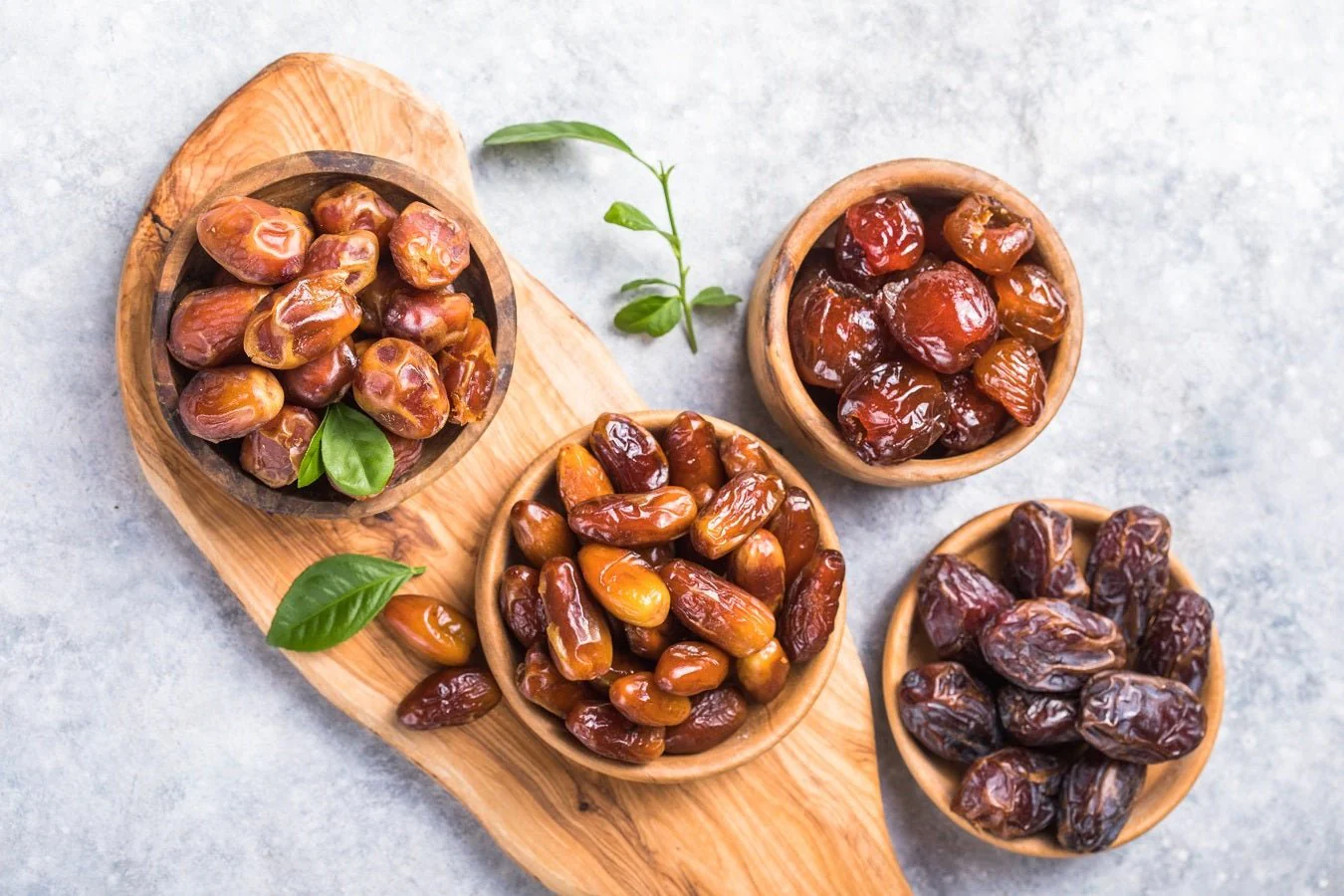Exploring the Nutritional Benefits and
Introduction
Buah Kurma, commonly known as dates, is a nutritious and versatile fruit that has been enjoyed for centuries. Apart from being delicious, dates offer a wide range of health benefits due to their rich nutritional profile. In this blog post, we will delve into the various nutritional advantages of Buah Kurma and provide specific guidelines for incorporating this fruit into a child’s diet.
The Nutritional Benefits of Buah Kurma
Dates are a powerhouse of essential nutrients that contribute to a child’s growth and development. Here are some key highlights of its nutritional benefits:
1. Fiber: Dates are an excellent source of dietary fiber, which aids in digestion and helps maintain a healthy digestive system. Fiber also promotes a feeling of fullness, which can be beneficial for managing appetite and preventing overeating.
2. Vitamins and Minerals: Dates contain several important vitamins and minerals, such as potassium, magnesium, iron, and vitamin B6. Potassium is essential for maintaining proper heart function and regulating blood pressure, while magnesium plays a crucial role in bone health and muscle function. Iron is necessary for the formation of healthy red blood cells, and vitamin B6 is important for brain development and immune system function.
3. Natural Sugars: Dates are a natural source of sugars, primarily fructose and glucose, which provide quick and sustained energy for active children. The natural sugars in dates can serve as a healthier alternative to processed sweets and candies.
4. Antioxidants: Dates are rich in antioxidants, which help protect the body’s cells from damage caused by harmful free radicals. Antioxidants play a crucial role in supporting a strong immune system and reducing the risk of chronic diseases.
Guidelines for Incorporating Dates into a Child’s Diet
When introducing dates into a child’s diet, it’s important to consider the following guidelines:
1. Age Appropriateness: While dates are generally safe for children to consume, it is recommended to wait until the child is at least 12 months old before introducing them. This allows the digestive system to mature adequately.
2. Texture: Depending on the age of the child, the texture of dates may need to be adjusted. For younger children or those with chewing difficulties, dates can be soaked in water or pureed to create a smoother consistency.
3. Portion Size: Start by offering small portions of dates to gauge the child’s preference and tolerance. Gradually increase the serving size as the child becomes accustomed to the flavor and texture.
4. Variety and Balance: Dates can be incorporated into a child’s diet in various ways. They can be enjoyed as a standalone snack, added to smoothies, used as a natural sweetener in homemade baked goods, or mixed with other fruits in fruit salads. It’s important to maintain a balanced diet by including a variety of other fruits, vegetables, whole grains, and proteins.
5. Allergies and Intolerances: Although rare, some children may have allergies or intolerances to dates. Watch for any signs of adverse reactions such as rashes, itching, or digestive discomfort. If such symptoms occur, consult a healthcare professional.
Conclusion
Buah Kurma, or dates, offers a range of nutritional benefits that can support a child’s growth and overall health. With their fiber content, vitamins, minerals, natural sugars, and antioxidants, dates are a valuable addition to a child’s diet. By following the guidelines for age appropriateness, texture, portion size, variety, and considering any allergies or intolerances, parents can introduce Buah Kurma in a safe and enjoyable way. Including dates as part of a balanced diet can provide children with a nutritious and delicious alternative to processed snacks, promoting their overall well-being.
Key Highlights:
– Buah Kurma, or dates, are a nutritious fruit with a rich nutritional profile.
– They are an excellent source of dietary fiber, vitamins (such as potassium, magnesium, iron, and vitamin B6), minerals, natural sugars, and antioxidants.
– Dates can support digestion, energy levels, growth, and development in children.
– Introduce dates to children after 12 months of age and adjust the texture to suit their needs.
– Start with small portions and gradually increase serving sizes.
– Incorporate dates into a child’s diet through various preparations and alongside a balanced mix of other fruits, vegetables, whole grains, and proteins.
– Watch for any signs of allergies or intolerances and consult a healthcare professional if necessary.
– By following these guidelines, parents can incorporate dates into a child’s diet as a nutritious and flavorful addition to their meals and snacks.

Leave a Reply